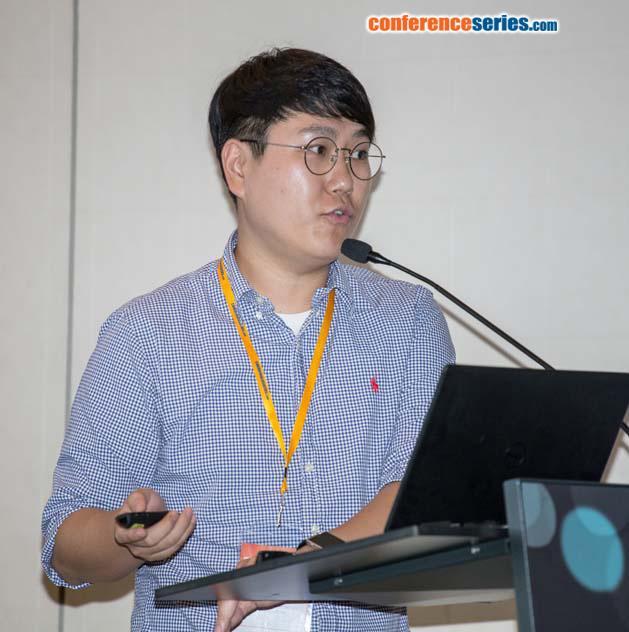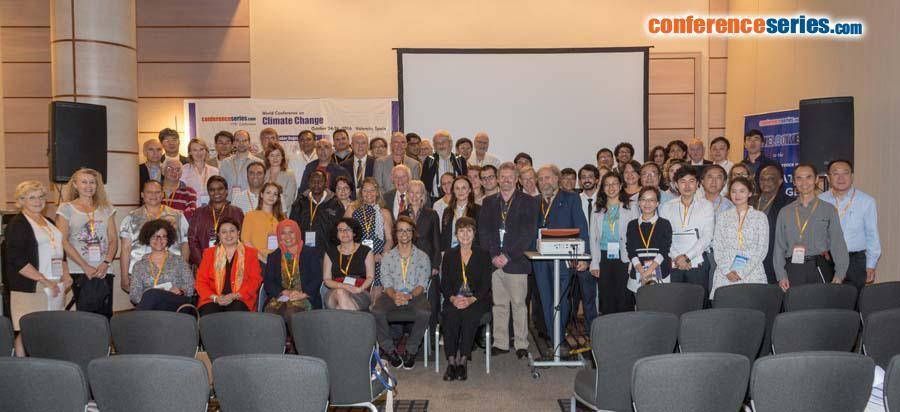
Dong Jin Jeon
Gwangju Institute of Science and Technology, Korea
Title: Developing optimal diffuse pollution management strategies in an agricultural watershed under future climate change
Biography
Biography: Dong Jin Jeon
Abstract
While best management practices (BMP) are recommended to attain non-point source loads in receiving water bodies, it is still unclear whether their efficiency will be maintained under future climate change. In a present study, Soil and Water Assessment Tool (SWAT), a semi-distributed watershed model, was used to determine the best BMP options achieving the necessary pollution reductions as well as to assess changes in the pollution loads in agricultural water shed between the current and future weather conditions. Three weather scenarios for the decade of 2040 (2040–2049), which were developed from the Representative Concentration Pathways 2.6, 4.5 and 8.5 in the Intergovernmental Panel on Climate Change Report, were projected into the Yeongsan River watershed, Korea. The scenario covering both calibration and validation periods (2000-2009) was used as a reference condition. Specifically, genetic algorithm was applied for obtaining the global solutions for nonlinear problems (i.e., cost vs. efficiency). Results showed that sediment and phosphorus loads were significantly different among various weather scenarios. This implied that the current BMP options which were determined based on the reference scenario needed to be rearranged for the future conditions. While parallel terraces which decreased phosphorus removal efficiency were identified as the worst option under the future weather scenarios, no tillage approach showed the best performance, as compared to that of the current condition, for instance. We expect that the proposed methodology will provide optimal management strategies to achieve the water quality targets in complex watersheds, specifically those with mixed land uses.
Speaker Presentations
Speaker PDFs
Speaker PPTs Click Here


